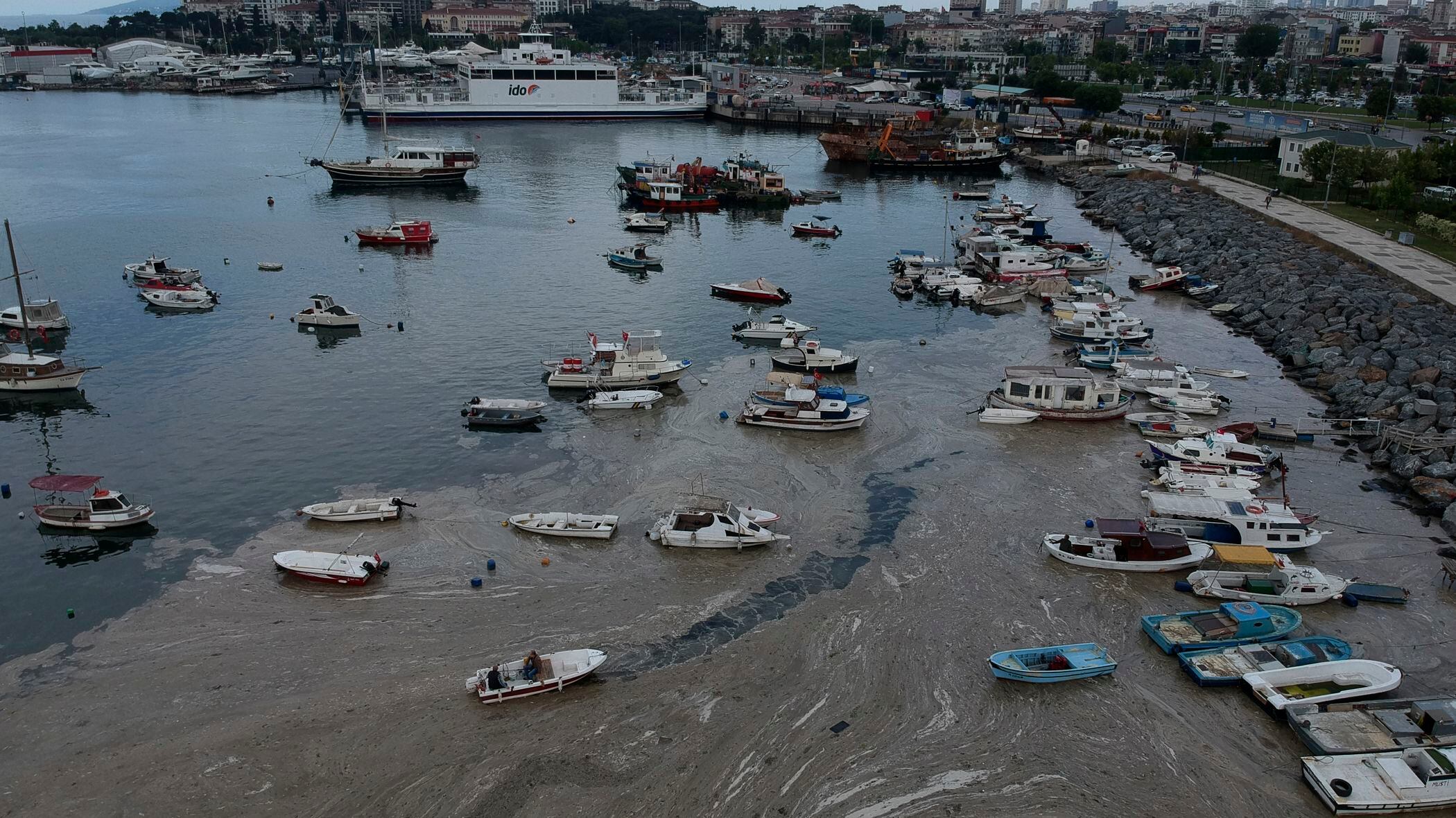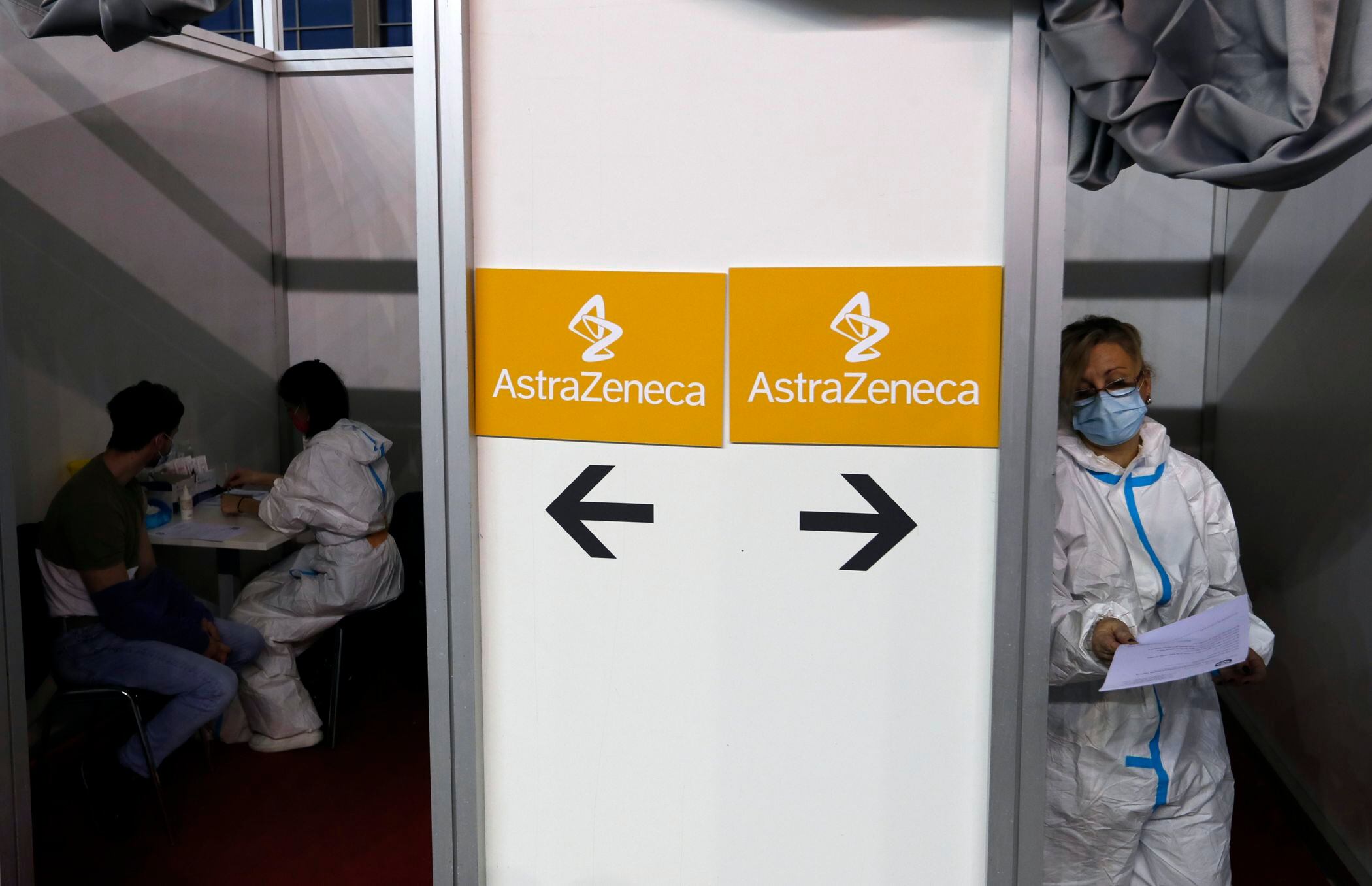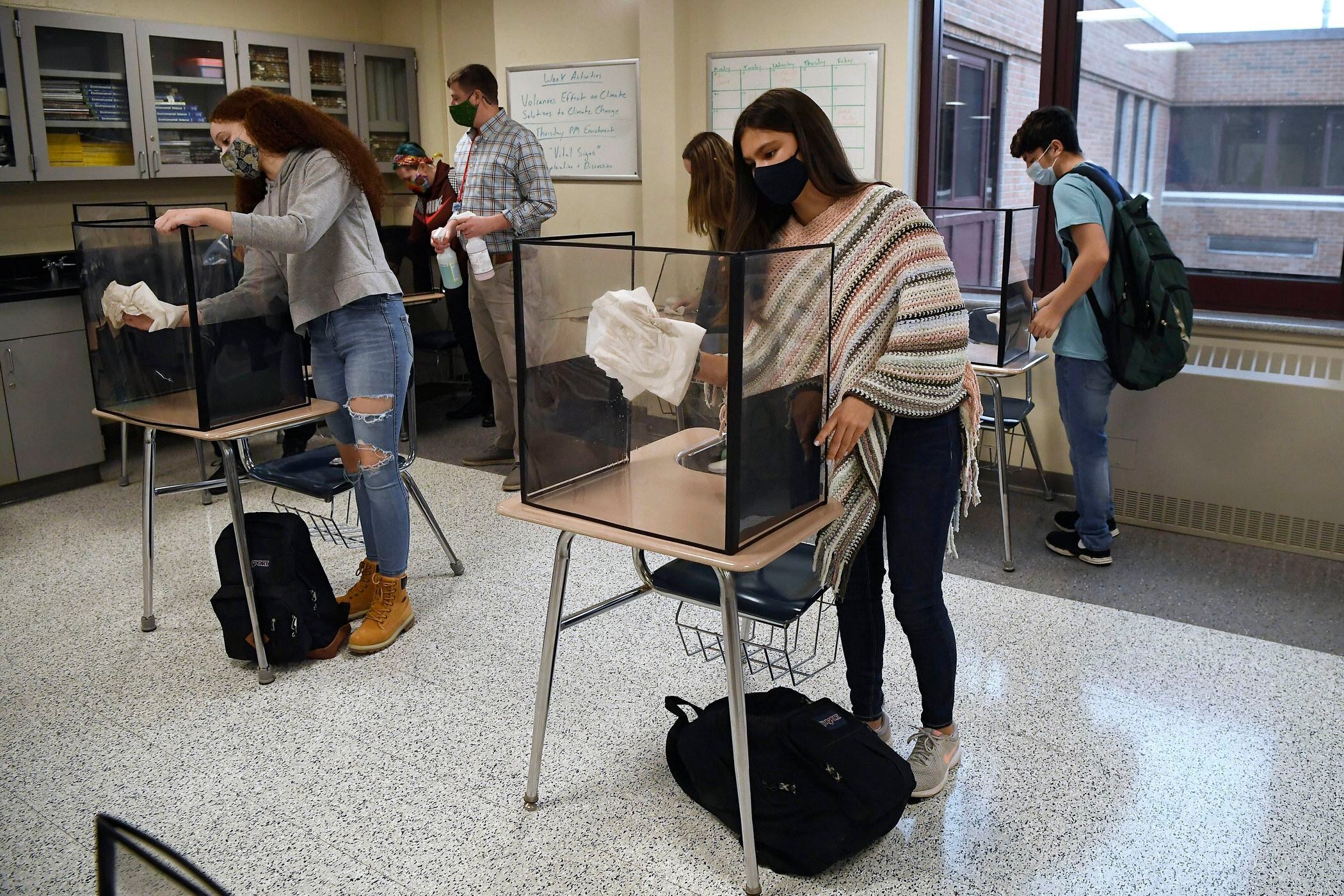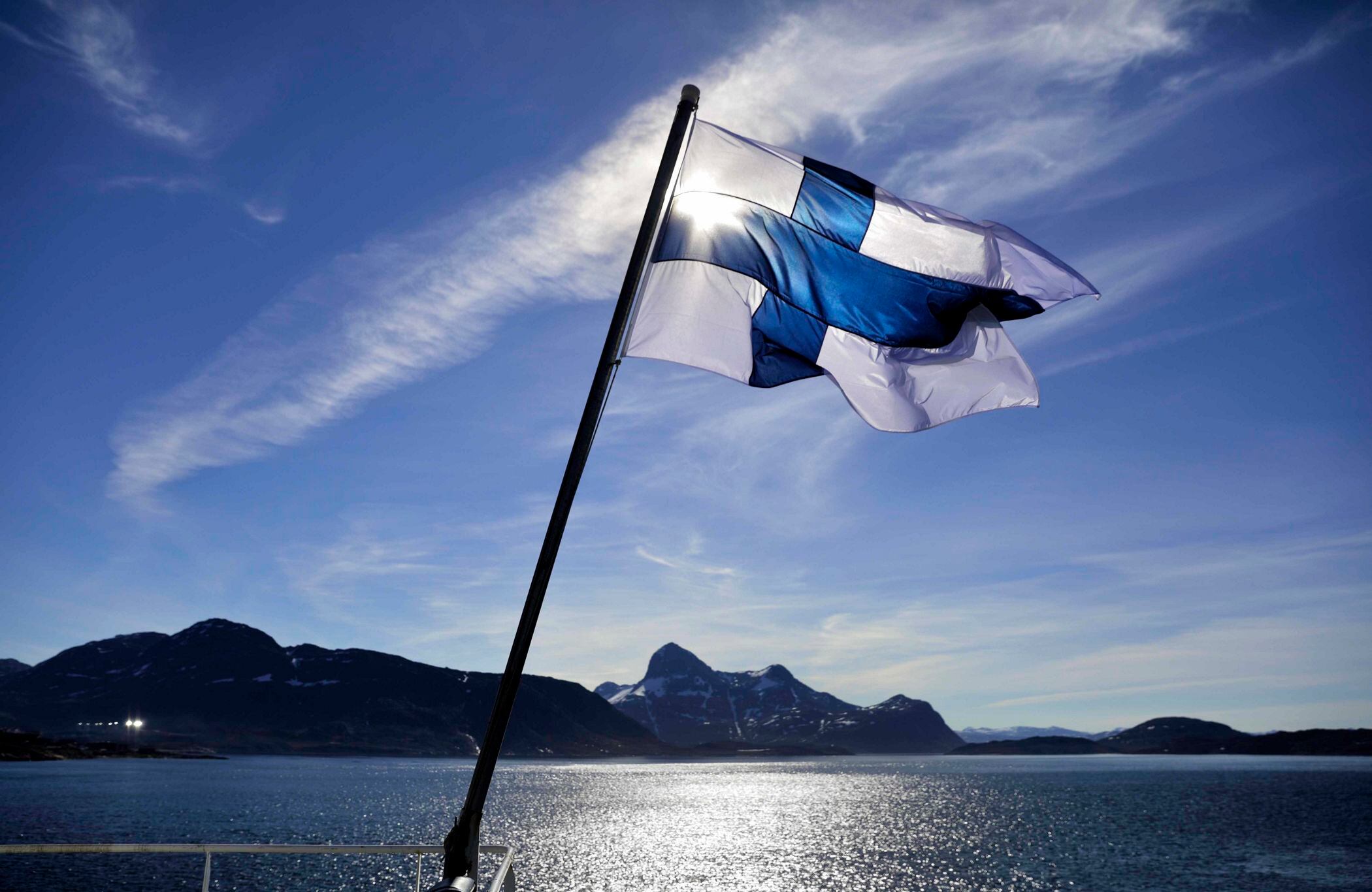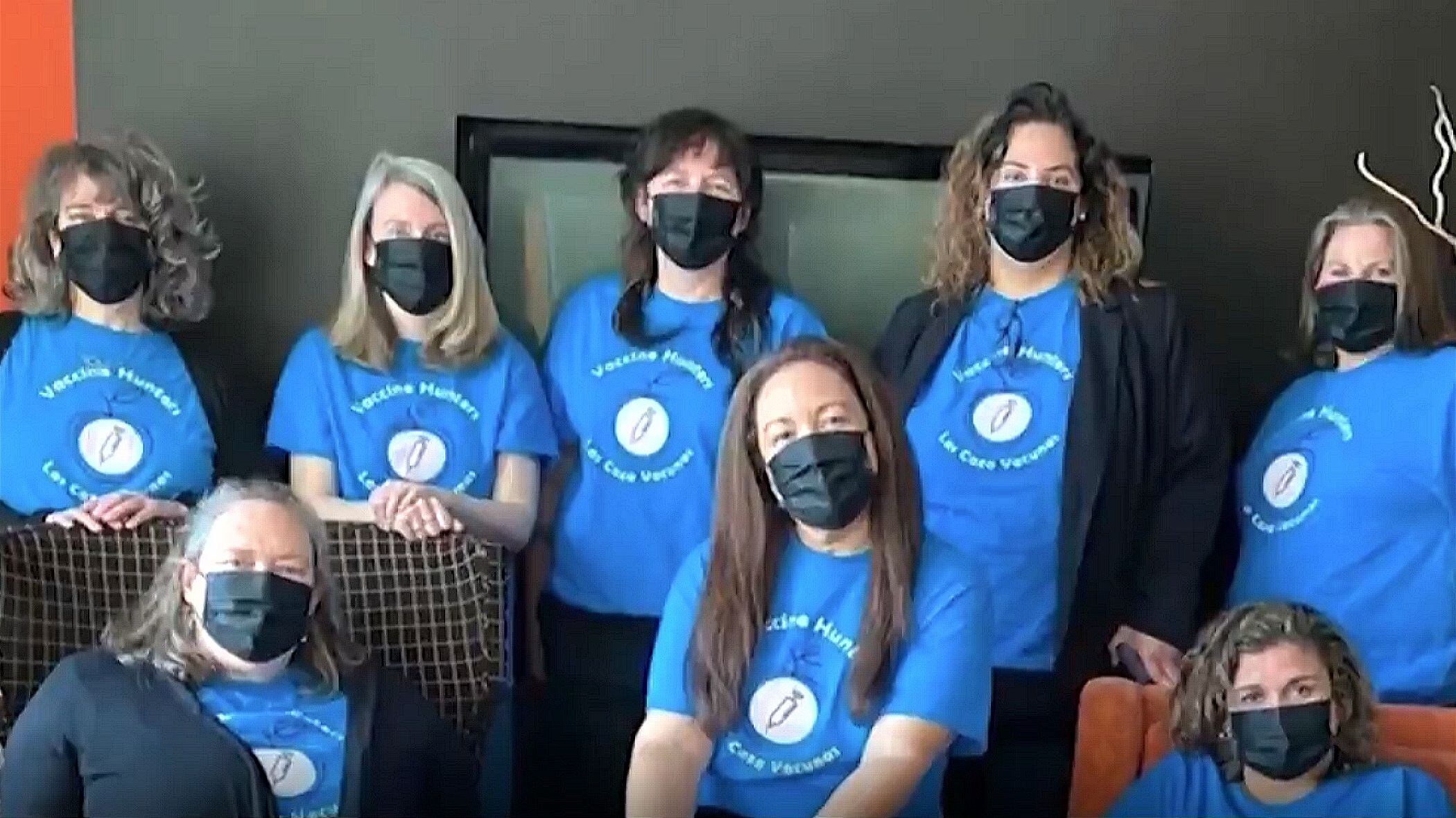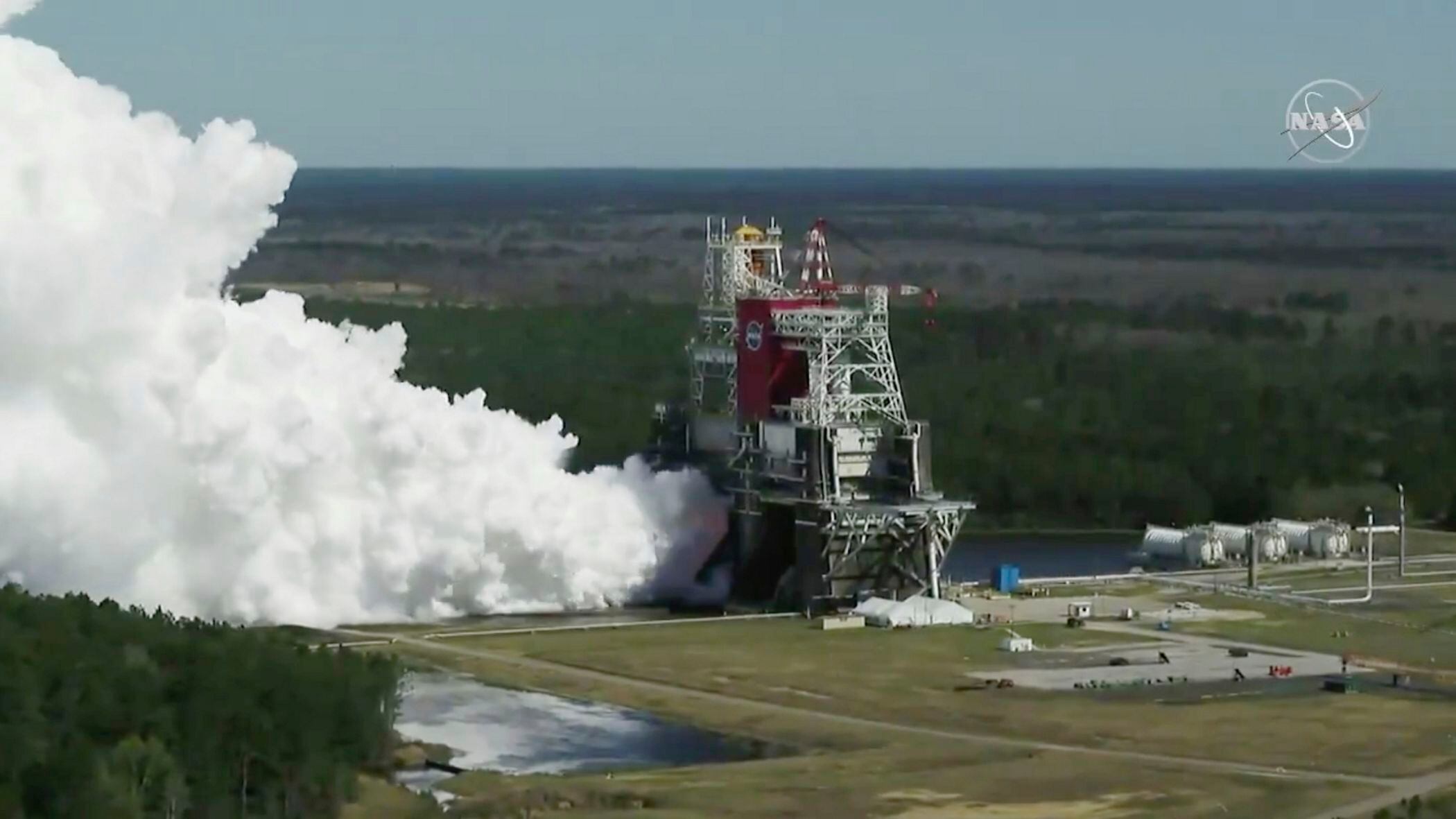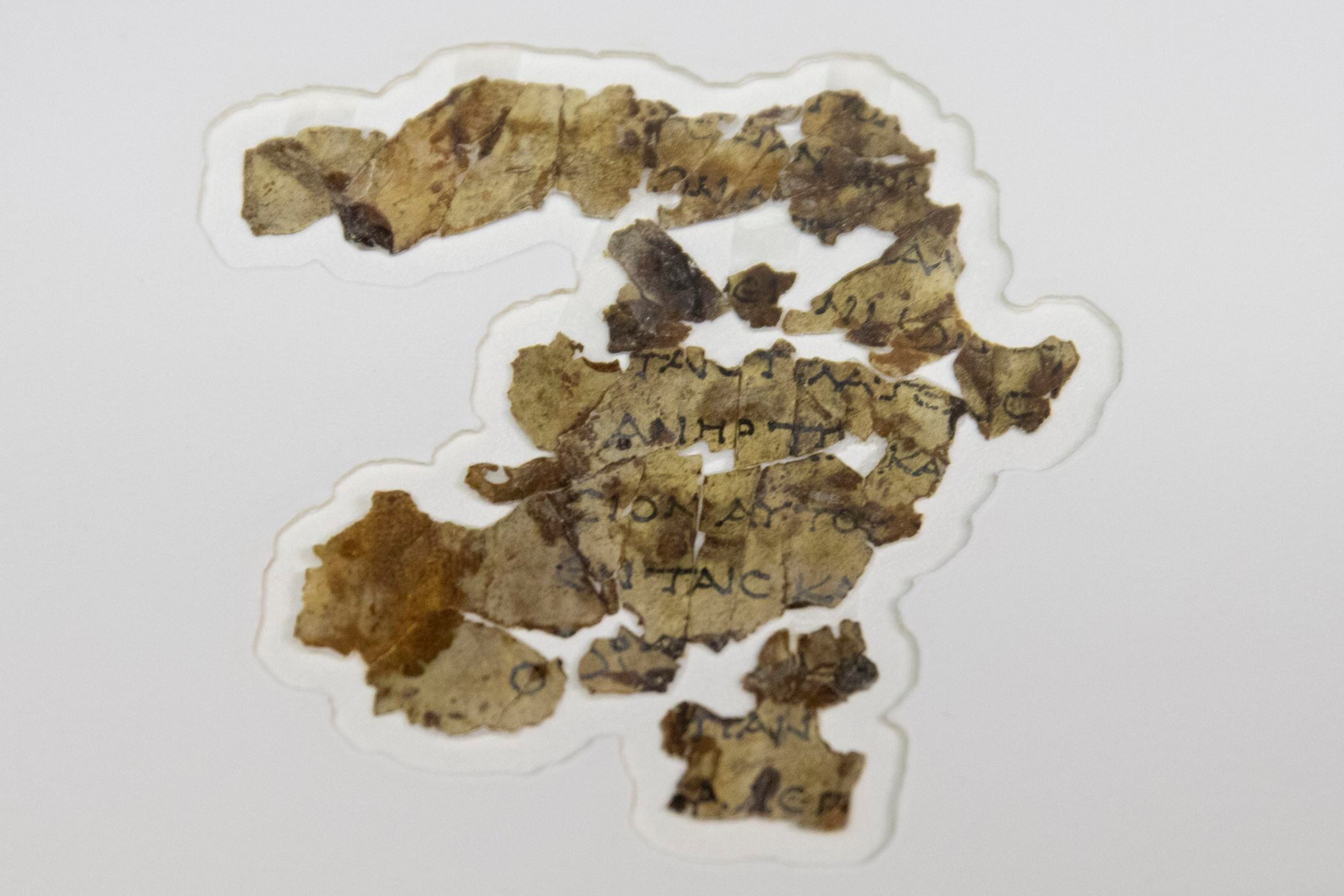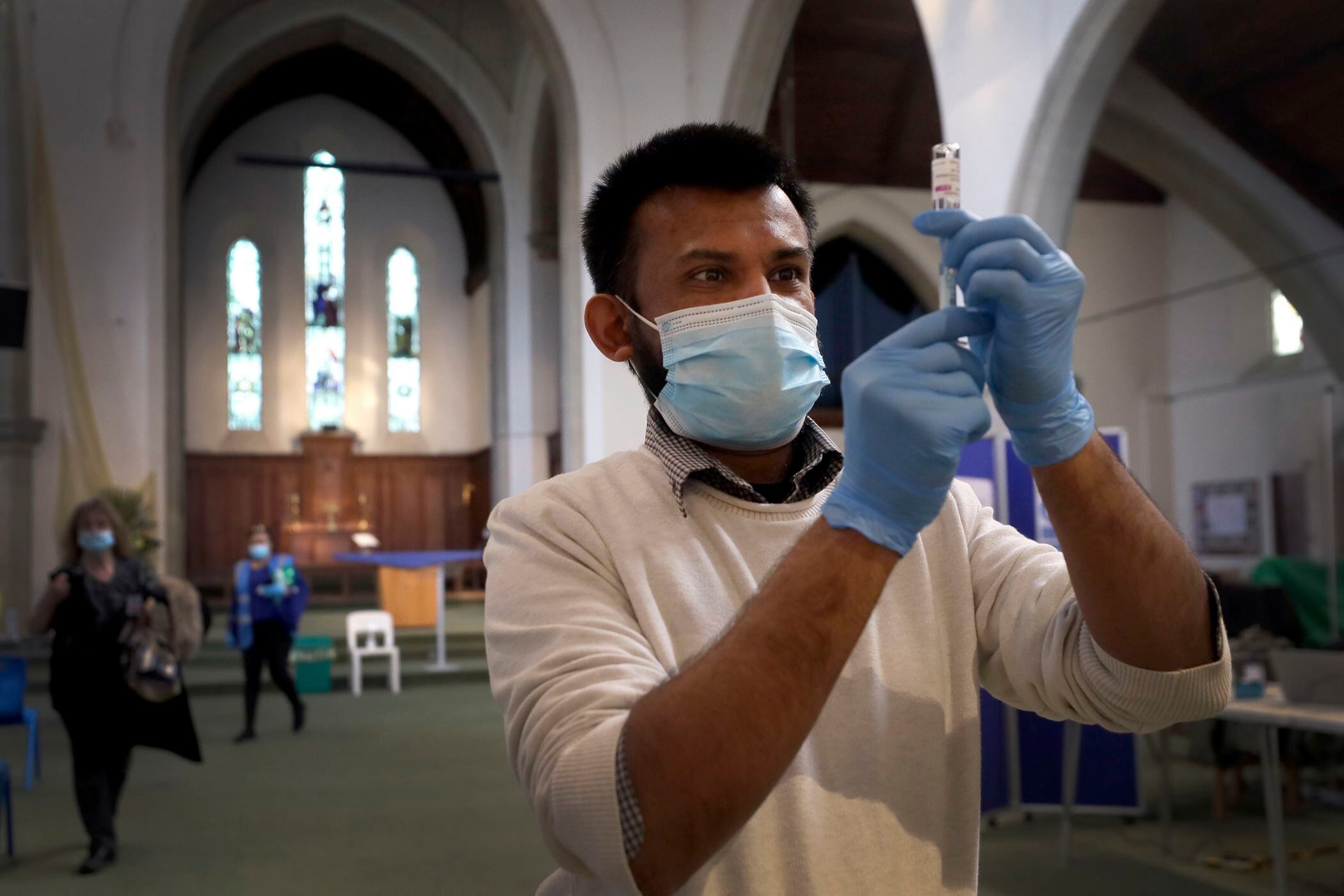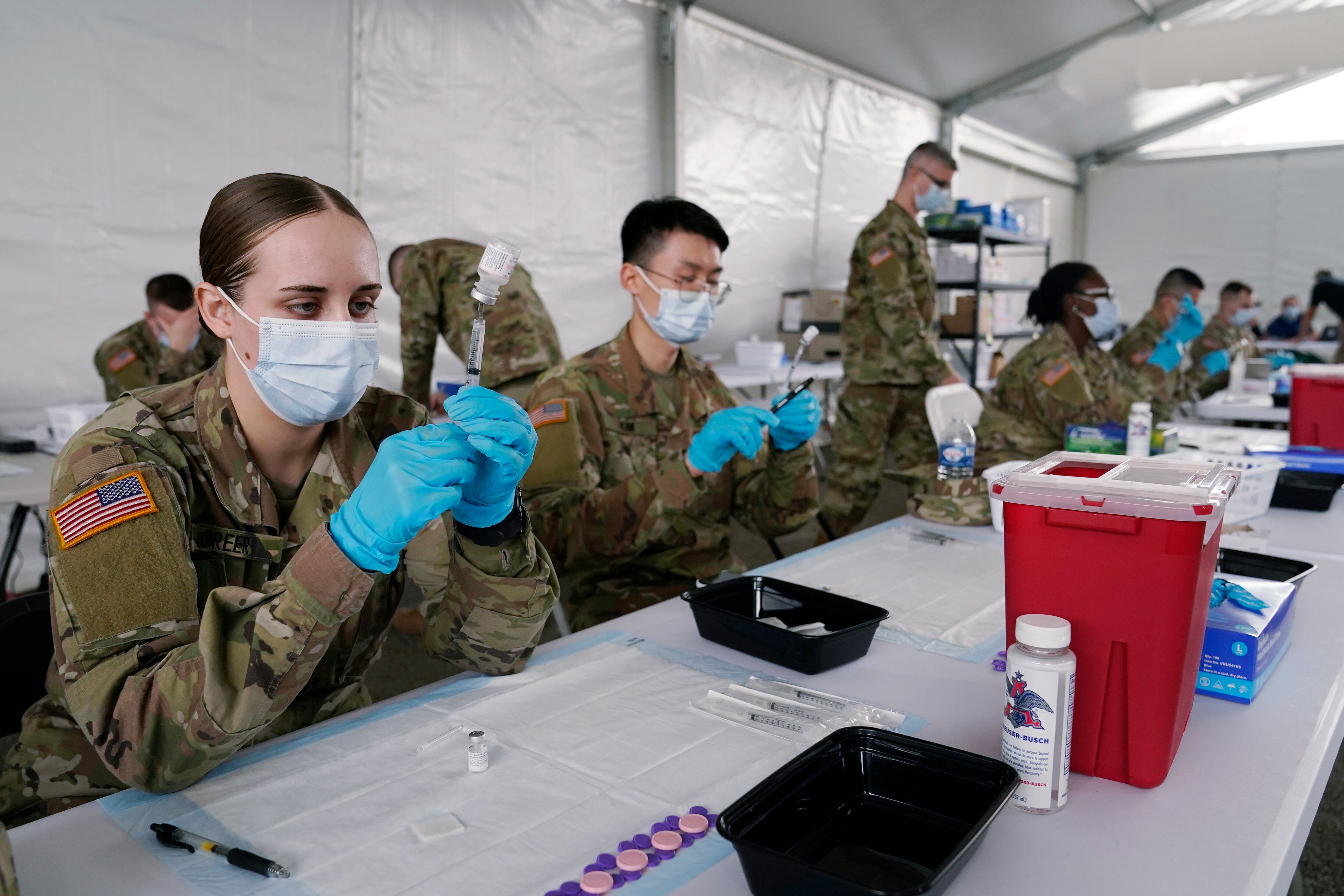Turkey’s president promised Saturday to rescue the Marmara Sea from an outbreak of “sea snot” that is alarming marine biologists and environmentalists.
A huge mass of marine mucilage, a thick, slimy substance made up of compounds released by marine organisms, has bloomed in Turkey's Marmara, as well as in the adjoining Black and Aegean Seas.
Turkish President Recep Tayyip Erdogan said untreated waste dumped into the Marmara Sea and climate change had caused the sea snot bloom. Istanbul, Turkey’s largest city with some 16 million residents, and five other provinces, factories and industrial hubs border the sea.
Marine mucilage has reached unprecedented levels this year in Turkey. It is visible above the water as a slimy gray sheet along the shores of Istanbul and neighboring provinces. Underwater videos showed suffocated coral covered with sea snot.
Erdogan said he instructed the Ministry of Environment and Urbanization to coordinate with relevant institutions, municipalities and universities. Teams are inspecting waste water and solid waste facilities, along with other potential sources of pollution, he said.
“We will save our seas from this mucilage calamity, leading with the Marmara Sea,” Erdogan said. “We must take this step without delay.”
Marine experts say that human waste and industrial pollution is choking Turkey’s seas. They say the rise in water temperatures from climate change is contributing to the problem.
AstraZeneca says its COVID-19 vaccine provided strong protection against sickness and eliminated hospitalizations and deaths from the disease in final-stage U.S. testing, including in older adults.
U.S. health officials are relaxing social distancing recommendations for schools, now saying students can sit as close as 3 feet to each other in classrooms.
The editors of the 2021 World Happiness Report found that longer-term satisfaction didn't change much despite the pandemic. Finland placed first for the fourth consecutive year. The U.S. slipped from 18th to 19th place.
BioNTech co-founder Ozlem Tureci said she and her colleagues have all received the vaccine the company developed together with Pfizer. and said that the mRNA technology will be used to fight cancer “within only a couple of years.”
Cheddar talks to a group of Maryland teachers who took on the added task of hunting down vaccine appointments on behalf of the local seniors and Spanish-speaking populace.
NASA has completed an engine test firing of its moon rocket, after the first attempt in January ended prematurely.
Scientists in the U.S. and Canada are opening new fronts in the war against so-called murder hornets as the giant insects begin establishing nests this spring.
Israeli archaeologists have announced dozens of newly discovered Dead Sea Scroll fragments bearing a biblical text.
With COVID cases rising in many places, governments are facing the dilemma to push on with a vaccine that is known to save lives or suspend use of AstraZeneca over reports of dangerous blood clots in a few recipients.
From Wall Street to Silicon Valley, these are the top stories that moved markets and had investors, business leaders, and entrepreneurs talking this week on Cheddar.
